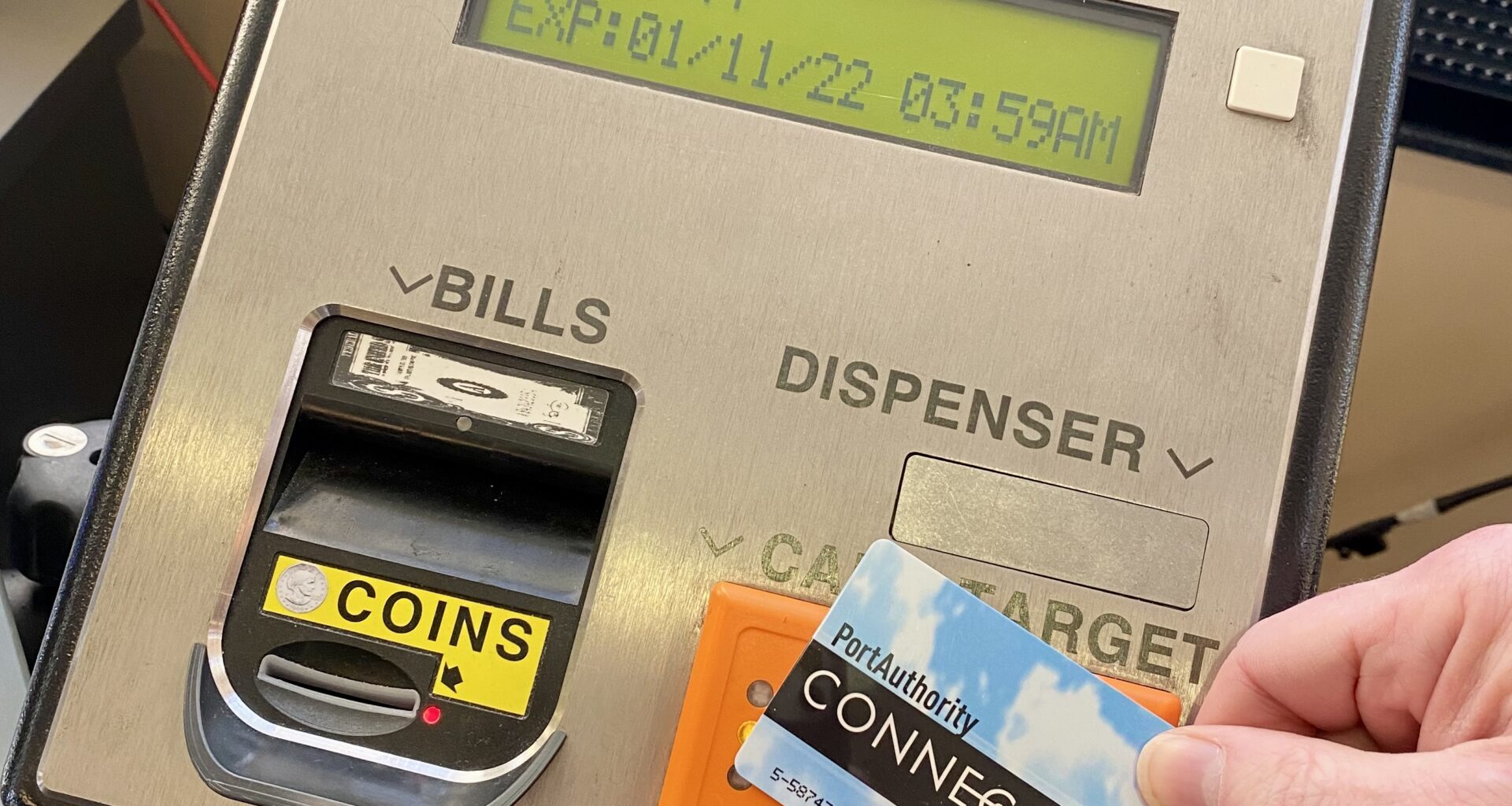The largest supplier of cash fareboxes in the country isn’t happy with a Pittsburgh Regional Transit recommendation to award a $20.9 million contract to a smaller competitor with a more expensive product, but it won’t challenge the decision any further.
Genfare filed a formal protest over the recommendation last month, claiming the decision to award the contract to Scheidt and Bachmann USA Inc. was flawed because PRT considered items not included in the request for proposals and didn’t allow the company to visit onsite to show its product. PRT delayed approval of the five-year contract to Scheidt and Bachmann for $20.9 million, about $2 million more than Genfare.
After a thorough review, Mike Cetra, the authority’s chief legal officer, denied the protest in a 12-page letter to Genfare.
Mike Loeffler, chief revenue officer for Illinois-based Genfare, said in an interview last week he doesn’t believe PRT’s process in evaluating proposals for new fareboxes on 720 buses was fair. But after PRT turned down Genfare’s appeal, Loeffler said the company would accept the decision to deny its protest and wouldn’t have any reluctance to deal with the agency in the future.
“I don’t think there was anything we thought was underhanded or anything like that,” said Loeffler, who has been in the transportation equipment provider field for 23 years, the last two with Genfare.
Rather than accept bids on new cash fareboxes, which would have required the agency to accept the lowest responsible bid, PRT issued a request for proposals from suppliers interested in providing the equipment. That approach allowed the agency to consider other factors beyond the cost of the boxes, such as performance, durability, appearance and response time to service the equipment, among other things.
It also allowed the agency to negotiate changes in proposals with the companies.
Genfare was the middle cost among three finalists after a staff evaluation of the proposals, and Scheidt was the most expensive. Staff recommended Scheidt, which had provided the current equipment, despite the agency complaining behind the scenes over the years that it had a spotty record responding to service needs.
The board’s Technology Committee unanimously recommended Scheidt for approval by the full board, but that was delayed after Genfare’s protest. Now it is expected to be approved when the board meets Friday.
Loeffler said his firm challenged the selection because it believed PRT improperly gave Scheidt evaluation points for having a local service provider, which Genfare didn’t offer because that wasn’t part of the RFP requirements. The company also said Genfare was downgraded because evaluators thought its farebox “wobbled” when it was mounted, something Loeffler said he doesn’t believe is true.
Loeffler said his company was surprised and considered it unusual for an agency not to bring in finalists for a formal presentation on such a large contract. If that had happened, the company that has more than 15,000 boxes across the country in cities such as Philadelphia, Los Angeles, San Francisco, Dallas and Chicago could have shown its boxes are stable, he said.
With PRT facing financial difficulties, Loeffler said, he expected the agency to put more weight on the price of the fareboxes.
In his letter to the company, Cetra said it failed to show PRT violated any of its written evaluation procedures in recommending Scheidt for the contract. In an interview last week, he stressed that price wasn’t the only consideration in the evaluation and that if it had been, Genfare still wouldn’t have been recommended for the contract.
Board member Tom Burgunder, who joined the board in June 2024 and chairs the Technology Committee, said he was satisfied with the agency’s process for reviewing proposals and the decision to deny Genfare’s protest.
“[Reviewing the proposals] was a very detailed process,” he said. “They are pretty careful to follow the procedures in place. In my mind, it’s a very fair process.”
Loeffler said he had previously only filed a protest over a contract award one other time in his career with another agency, and the company won that challenge. Genfare won’t take legal action over the PRT contract because it doesn’t want to be seen as a litigious firm.
“I had to [file the protest] because it’s my job,” he said. “Sometimes you win, sometimes you lose.”
Ed covers transportation at the Pittsburgh Post-Gazette, but he’s currently on strike. Email him at eblazina@unionprogress.com.



